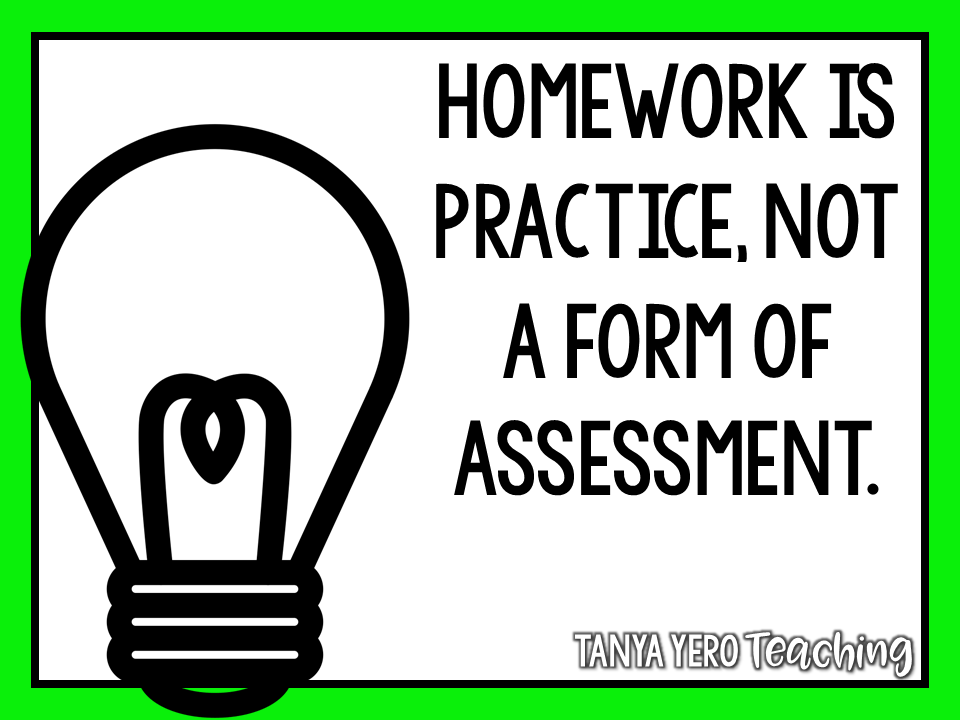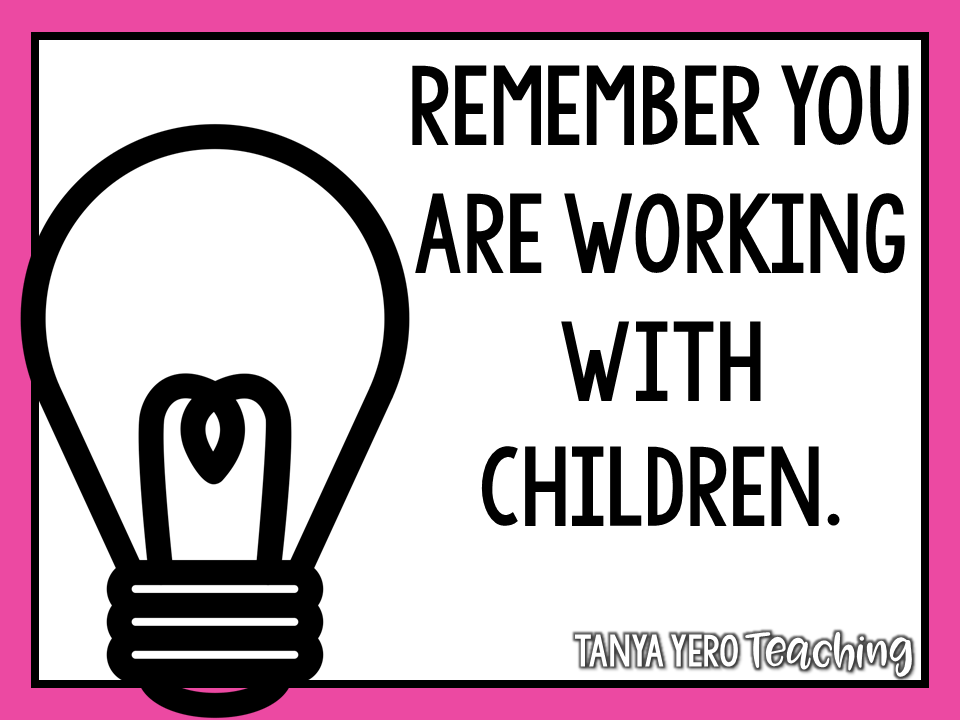There’s a new trend in education over the past year; giving no homework. This new approach has some parents, students, and educators delighted, and others infuriated.
I have asked myself this question as an educator countless times and every time I come to the same answer…..there is no answer.
I’m not someone who leans on either side of this debate with a firm stance. I find myself in the middle. There are days I give homework and days I don’t. But when I do I make sure to go thru my mental checklist to ensure that the homework I give is quality work. Below is the checklist I follow.
I don’t assign homework that is busy work or unrelated to standards. In the past I have tutored for various families. At times I would help the child with their homework. I can’t tell you how many assignments came my way that weren’t related to state standards. It felt as though the teacher assigned the homework just to simply assign homework. As educators what message are we sending our students? From their perspective they get the message of “your time isn’t valuable,” and that’s not what we want. Leave the lengthy word searches and coloring assignments behind.
We work with small children every day. We know their attention spans. After 15 minutes (AT BEST), they begin to fade. Keep it short and sweet. I don’t need to assign 20 problems of long division to know if a child understands the curriculum. I need 4-5 questions and that’s it. If I assign math homework its 5 questions or less, especially for complex skills. If they get it we don’t need to beat a dead horse and if they don’t, there’s no reason to make a student complete 20 questions incorrectly. When the assignments are short I can easily check them and make a list of students that I need to pull during small groups for extra practice.
Unless it’s a project, I NEVER send home assignments that will go into the gradebook. Let’s be honest….we know that parents are at an arm’s reach at home. What they perceive as “helping,” could be more “completing.” It’s understandable. Most are not trained educators and they want to help their child. My teaching partner and I even opt to do most projects that would be normally be assigned as homework in class. We get a better representation of the child’s ability. Homework is a great practice tool, but it should never be used as form of assessment. We have all had students that we know don’t understand what was taught in class, but yet their homework is correct all the time.
State standards and assessments are only becoming more demanding. We ask our students to work very hard every day. They should be going home mentally exhausted, like we are. I don’t want to go home and deal with hours of school work. Instead I want to decompress from the day, spend time with family, and relax. Our students deserve that same opportunity. I don’t have many memories of homework during my elementary years, but instead I remember Girl Scouts, ballet, and spending time with my sisters. I’m dealing with 9 and 10 year olds and I want them to enjoy being that age.
Find a system that works for you and your students. There is no correct answer for every classroom, but hopefully this checklist will help you. Do what you feel is best for your students.










